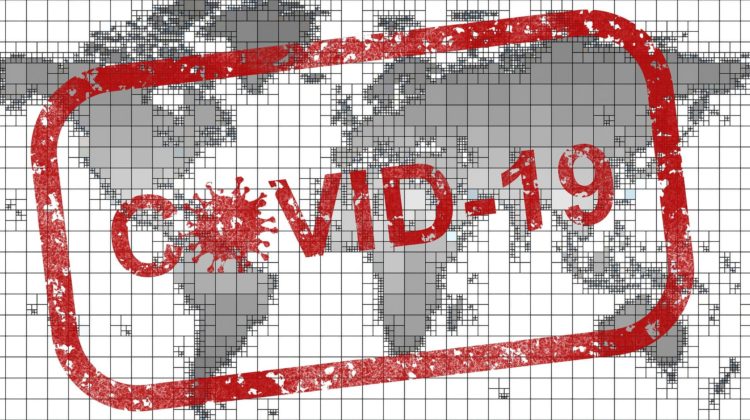
Why COVID-19?
COVID-19 is a highly contagious disease caused by severe acute respiratory syndrome coronavirus-2 (SARS-CoV-2), an enveloped positive stranded RNA virus and the third member of the family Coronaviridae which has emerged as a zoonotic infection.
The predecessor of this new pathogen caused the Severe Acute Respiratory Syndrome (SARS) in 2003 and the Middle East Respiratory Syndrome (MERS) in 2012.
Although corona viruses have been known since 1960’s, their familiar species were human pathogens and caused common cold and seasonal flu.
SARS-CoV-2 is easily transmitted via respiratory secretions of an infected person, with a reproductive number (the average number of cases to which a single infected person will transmit the virus) of 1.4-2.5.
Covid-19 has been estimated to have a case fatality rate of around 3%. As of today, asymptomatic transmission is assumed to be possible during the incubation period, which usually ranges from 2-14 days.
The source of infection, animal host, and reservoir are currently unknown. In late December 2019, an outbreak of COVID-19 was reported from Wuhan city, China.
The disease soon spread outside China borders and became rapidly prevalent all around the world. The pandemic announcement was officially made by World Health Organization (WHO) on 11 March 2020.
COVID-19 has affected more than 212 countries and has made billions of people to be quarantined in their houses. Up to now, almost 1500000 confirmed cases of COVID-19 have been reported globally and the death toll has been declared to be 86000. In Iran, we are also facing this unprecedented global public health emergency, with about 65000 confirmed cases and 3993 deaths.
This pandemic is beyond an expanding contagious disease and has influenced different features of life. Its enormous social, political, and specifically economic impacts all around the world are undeniable.
In low- and middle-income countries this can potentially lead to a huge spike in poverty and collapse. Many vulnerable families have lost their income and access to the essential needs. Education systems have collapsed in many regions. The long-term effect of this global crisis has reduced economic growth even in developed countries. Economic effects of COVID-19 are estimated with dramatic variations. Orlik et al in Bloomberg hypothesized this cost to be $2.7 trillion.
The political consequences are even harder to predict but quite significant and devastating, like the heated discussion, criticism and accusation flowing between the leaders of different countries. Since the pandemic is not yet over, the global influence will carry on to happen and make situation even more complicated. While the outbreak is evolving rapidly, health care systems across the world are actively fighting against the new virus. They have encountered many new challenges.
Public health measures (such as active case finding, prompt isolation of cases and contacts tracing) to contain the spread of the disease in the society as well as provision of care for the unpredictably high number of people who are infected with the virus have stretched the healthcare system beyond its capacity.
At the same time, protecting health care providers’ safety, which often requires provision of sufficient supplies of personal protective equipment, has definitely challenged the system. Societal demand for discovery of a definitive treatment and vaccine has also added to the complexity of the situation that the health care systems are facing. Studies about COVID-19 are increasingly being performed and published; many of them have not yet been fully reviewed and criticized by the academic community.
Practitioners often find it difficult to find, appraise and apply the information they need amid the turbulence of their clinical practice. Furthermore, there are still many questions to be answered. The most efficient method for personal protection, methods of viral transmission, most accurate diagnostic approaches, and effective treatment options are yet to be determined.
This special issue of the Advanced Journal of Emergency Medicine plans to specifically focus on COVID-19 by gathering the relevant scientific information available. We hope that by publishing high quality papers, this journal can provide its readers with further required information.
Appropriate management of patients suffering COVID-19 as well as controlling this pandemic are our ultimate aspirations.
We encourage further researches in this field by all scientists and physicians all across the world to be able to eradicate COVID-19 as soon as possible.
AUTHORS
Elnaz Vahidi (Department of Emergency Medicine, Faculty of Medicine, Tehran University of Medical Sciences, Tehran, Iran.)
Mohammad Jalili (Department of Emergency Medicine, Faculty of Medicine, Tehran University of Medical Sciences, Tehran, Iran)

